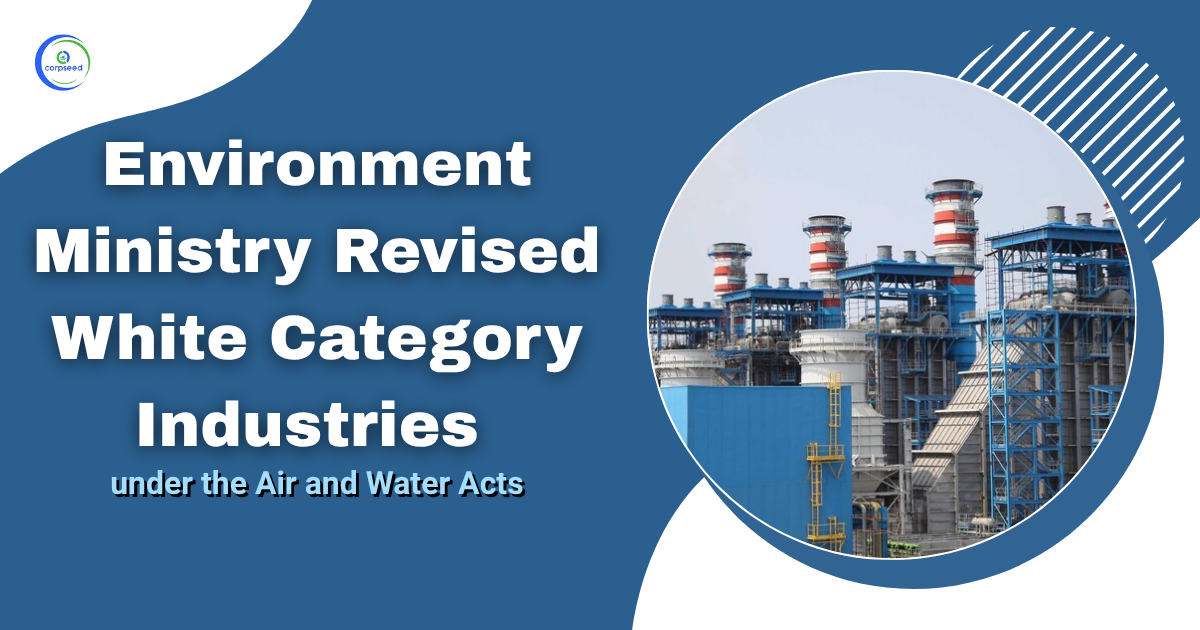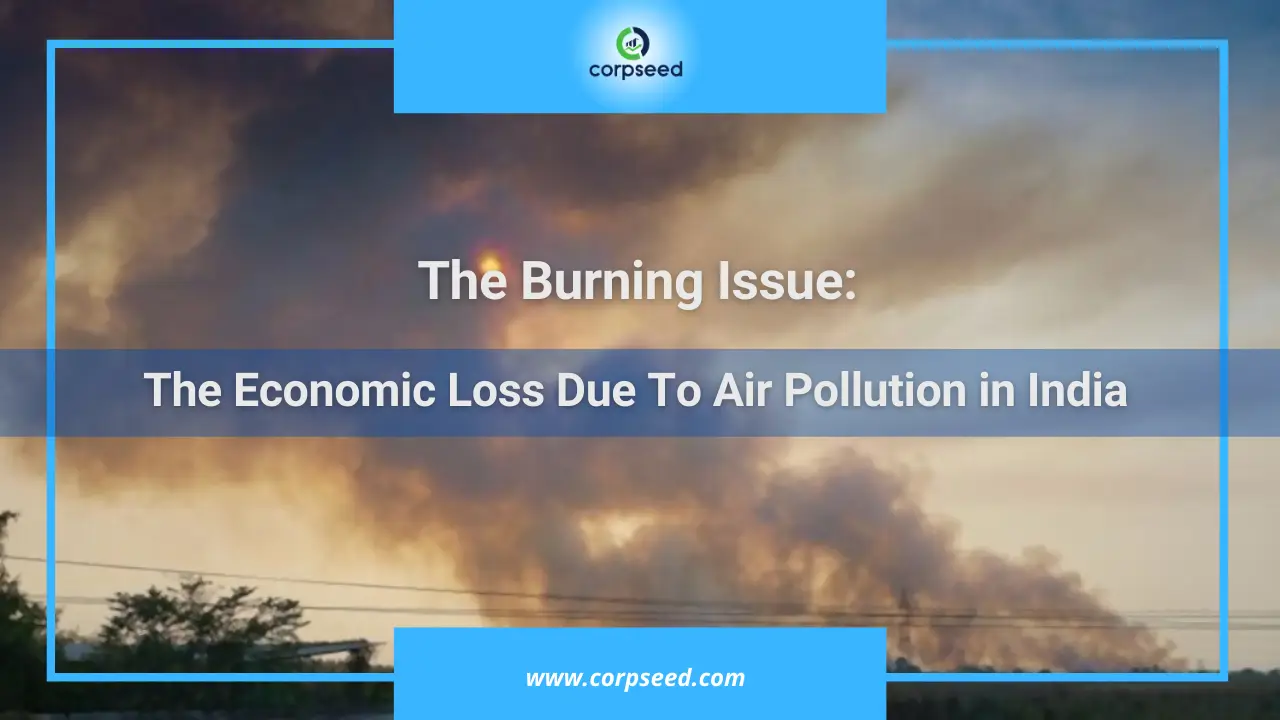In recent years, environmental pollution has become one of the most persistent concerns worldwide, and India is no exception. The government has taken measures to control pollution and protect the environment, particularly in those areas where industrial and vehicle-related activities are prevailing, such as automobile service stations, bus workshops, and so on. An important step in this process was the introduction of the Environment (Protection) Amendment Rules, 2018, which was followed by the Environment (Protection) Second Amendment Rules, 2019, which set specific standards for emissions and discharges from these facilities.
Table of Contents
The Regulatory Framework for Emissions and Discharges
In India, environmental protection is governed by the Environment (Conservation) Act, 1986, a landmark legislation enacted to prevent pollution and ensure sustainable development. Over time, the government has modified this law to make it more inclusive, facing various environmental challenges that have occurred. One important amendment was in 2018 when the Environment (Protection) Amendment Rules were published. These rules aim to regulate and mitigate harmful environmental impacts caused by automobile service stations, bus depots and workshops.
In the Environment (Protection) Rules, 1986, in Schedule-l, after serial number 113 and the entries relating thereto, the following shall be inserted, namely:-
| S. No. | Industry | Paramete | Standard |
| “114 | Automobile Service Station, Bus Depot or Workshop | Effluent Standard (Concentration not to exceed, in mg/l except for pH) |
|
| Inland Surface water/land for irrigation/Public Sewer | |||
| pH | 6.5-8.5 | ||
| Total Suspended Solids | 50 | ||
| Chemical Oxygen Demand | 150 | ||
| Oil and Grease | 10” | ||
Note:
(i) For Service Stations, Bus Depots and Workshops with metal pre-treatment facilities, limit of 5 mg/l of dissolved phosphates (as P) and 5 mg/l of zinc shall also apply.
(ii) Solid Wastes/ Hazardous Waste, if any, shall be disposed off as per the Solid Waste Management Rules 2016 and the Hazardous and Other Waste (Management and Trans-boundary Movement) Rules, 2016.”
--------------Blog Contact Form-------------
Key Provisions in the Amendment Rules
The Environment (Protection) Second Amendment Rules, 2019 introduced key changes to control pollution from automobile service stations, bus depots, and workshops. These amendments set standards for emissions, wastewater discharge, solid waste management, and noise pollution, ensuring a cleaner environment.
- Emission Standards for Air Pollution: Automobile service stations and workshops play an important role in air pollution from vehicle emissions, tire dust and hazardous chemicals. Regulations require these facilities to install air purification systems and comply with stringent emission limits for pollutants such as CO, NOx, PM, and VOCs.
- Water Pollution and Wastewater Discharge: The use of water for clean cars and appliances produces wastewater that contains harmful substances like oils and chemicals. The rules command the installation of on-site treatment systems, confirming that wastewater discharges meet particular limits for pollutants such as oil and grease, COD, and BOD.
- Solid Waste Management: Service stations and workshops produce hazardous waste, including used tires, oil filters and batteries. Requires proper separation, recycling and disposal in accordance with regulations, used tires are sent for recycling and used batteries handed over to official centres, alongside maintaining waste management records.
- Noise Pollution Control: Noise from machinery, vehicle engines and mechanical devices is a concern for workers and neighbouring communities. The rules implement noise mitigation measures such as soundproofing, quiet devices, limited operating hours, and noise barriers, while instructing regular monitoring of noise levels during day and night
The Role of Stakeholders in Implementing Standards
The Successful application of these environmental standards is a joint effort. While the government plays an important role in setting these rules and implementing them, other stakeholders, such as facility owners, workers, and environmental organizations, also have an essential role. Below is how:
- Facility Owners: The Owners of automobile service stations, bus depots and workshops are mainly responsible for confirming that their facilities adhere with existing emissions and emissions standards. They must invest in essential infrastructure, such as wastewater treatment plants and air filtration systems, and maintain records of waste disposal and emissions data.
- Workers: Workers at these facilities should be trained to dispose of hazardous materials and operating equipment to reduce emissions. They should also be aware of the significance of environmental protection and the impact their actions can have on the surrounding environment.
- Environmental Authorities: The CPCB and the State Pollution Control Board are tasked with monitoring and enforcing these standards. They conduct regular inspections, issue fines for violations, and guide facilities on compliance with rules and regulations.
- Public and Environmental NGOs: Public awareness and the role of environmental NGOs in advocating for better environmental practices cannot be extravagant. They can raise awareness about the harmful effects of pollution from automobile-related equipment and, when necessary, help bring forward stricter regulations.
Conclusion
The introduction of Environment (Protection) Amendment Rules, 2018, and the Environment (Protection) Second Amendment Rules, 2019 marks a crucial step in mitigating pollution from automobile service stations, bus depots and workshops. These laws aim to safeguard the environment, protect public health, and ensure sustainable industrial practices.
By implementing stringent emissions and discharge standards, the government is not only working towards cleaner, water and soil but setting an example for industries across the country to adopt more environmentally friendly practices. While enforcement of these laws may cause challenges for some facilities, it is eventually a step toward a more sustainable and healthy future for all.
This portion of the site is for informational purposes only. The content is not legal advice. The statements and opinions are the expression of author, not corpseed, and have not been evaluated by corpseed for accuracy, completeness, or changes in the law.
BOOK A FREE CONSULTATION
Get help from an experienced legal adviser. Schedule your consultation at a time that works for you and it's absolutely FREE.








_or_Air_Traffic_Service_Provider_(ATSP)-corpseed.png)
